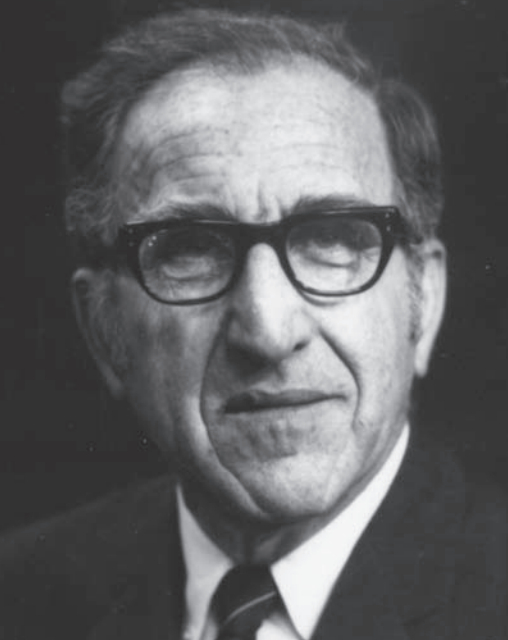On this date in 1908, Abraham Stone Freedberg was born in Salem, Mass. Freedberg attended Harvard College and the University of Chicago Medical School (graduating in 1934). A professor at Harvard who taught medical students physical diagnosis techniques, Freedberg also became chairman of cardiology and internal medicine at the Harvard-affiliated Beth Israel Deaconess Medical Center. As a professor and member of the admissions committee, he set out to help disadvantaged students navigate the admissions process at the medical school.
Until Freedberg invented a treatment in the late 1940s involving a radioactive iodine technique, patients with severe angina had no way to relieve their pain. In 1940 he was started studying ulcers, but his findings were not confirmed until 1983 by two Australian scientists, who would each win a Nobel Prize in 2005 for those findings. It has been confirmed by medical scientists that if Freedberg’s findings had been recognized earlier, treatments for ulcers would have been available decades sooner.
Freedberg later became a critic of doctors relying too heavily on technologically advanced testing methods, preferring the less expensive and, to him, more reliable practice of physical diagnosis. He stopped practicing medicine in his mid-90s.
Freedberg, who attended 100 classical music concerts in his 101st year, was an atheist. According to The New York Times, in Freedberg’s last days, he assessed his body and said there were no prospects “of a significant improvement in my basic status. … It is time to draw the curtain.” He died in his sleep at home in Boston at age 101. The Times obituary called him “an avowed atheist.” (D. 2009)


